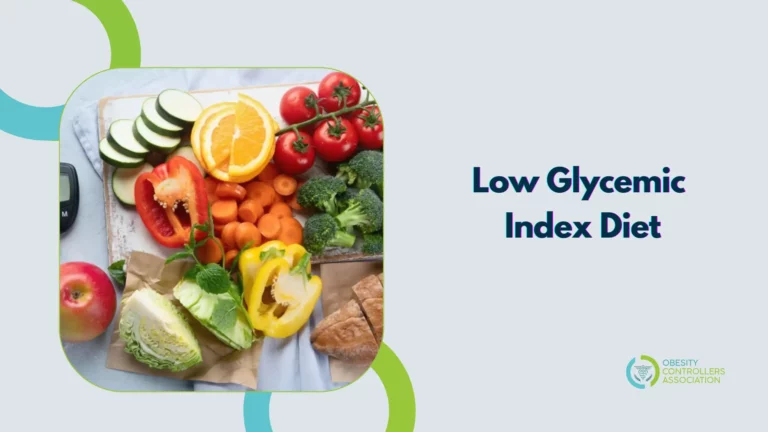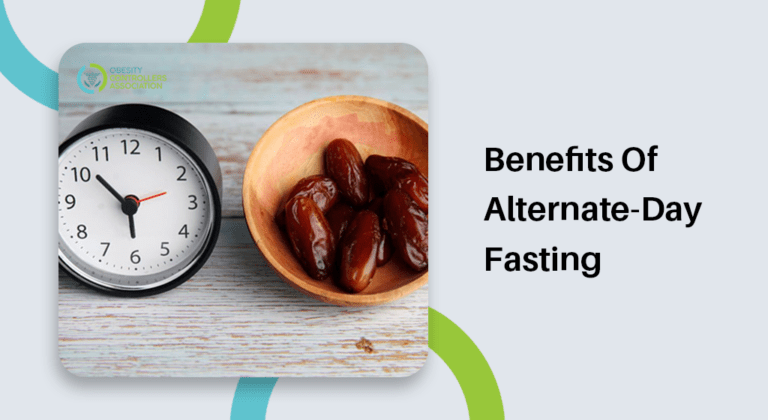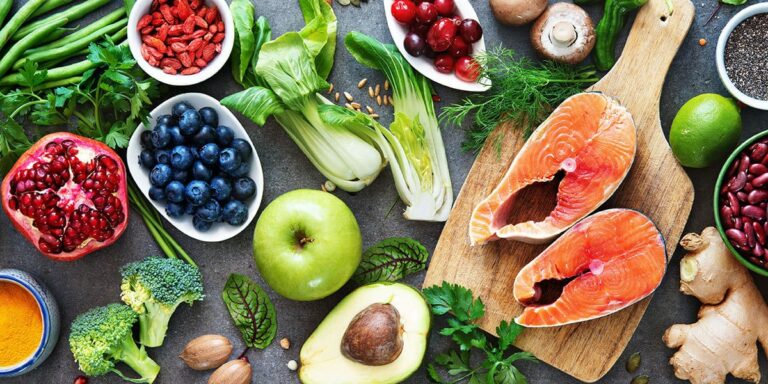Mastering the Art of Gluten-Free Sourdough: A Delicious and Nutritious Revolution

Discover How to Craft Exceptional Gluten-Free Sourdough Bread and Unlock a World of Flavors and Health Benefits
In the realm of artisanal baking, few achievements have captured the imagination of health-conscious consumers quite like the rise of gluten-free sourdough bread. This once-elusive culinary feat has now become a reality, thanks to the tireless efforts of innovative bakers and the growing demand for nutritious, allergen-friendly options.
Gluten-free sourdough bread stands as a testament to the power of reinvention and the boundless potential of ancient baking techniques. By embracing the principles of traditional sourdough fermentation and skillfully adapting them to accommodate the unique needs of the gluten-free community, these pioneering bakers have unlocked a new frontier of flavors, textures, and health benefits.
The Allure of Gluten-Free Sourdough
For those following a gluten-free lifestyle, the quest for a satisfying and authentic bread experience has often been fraught with compromise. Traditional wheat-based sourdough, with its distinctive tang and chewy crumb, has long remained out of reach. However, the advent of gluten-free sourdough has changed the game entirely, offering a viable and delectable alternative that caters to the needs of the gluten-intolerant population.
At the heart of this revolution lies the power of sourdough fermentation. This age-old process, which relies on the natural yeasts and lactic acid bacteria present in the environment, not only imparts a unique flavor profile but also enhances the nutritional value of the final product. Unlike conventional gluten-free breads, which can often be dense and lacking in depth, gluten-free sourdough boasts a more nuanced and complex taste, with notes of tanginess, nuttiness, and subtle sweetness.
But the benefits of gluten-free sourdough go far beyond mere taste. The extended fermentation process inherent to sourdough baking helps to break down and pre-digest the starches and carbohydrates, making the bread more easily digestible for those with gluten sensitivities or intolerances. Additionally, the fermentation process can also increase the bioavailability of certain nutrients, such as vitamins and minerals, further enhancing the overall nutritional profile of the bread.
Crafting the Perfect Gluten-Free Sourdough Loaf
Mastering the art of gluten-free sourdough baking is no easy feat, but the rewards are well worth the effort. By understanding the unique challenges and embracing the nuances of this specialized craft, bakers can create loaves that rival their wheat-based counterparts in both taste and texture.
The foundation of any exceptional gluten-free sourdough begins with the starter, a living culture of wild yeasts and beneficial bacteria that serve as the leavening agent. Unlike traditional sourdough starters, which rely on the gluten-containing flour to capture and retain the gas bubbles, gluten-free starters require a more delicate balance of alternative flours, such as rice, tapioca, or sorghum, to achieve the desired rise and structure.
Once the starter is established, the real magic happens during the fermentation process. Gluten-free flours, which lack the elasticity and binding properties of wheat, require a longer, more patient fermentation to develop the desired flavor and texture. This extended proofing time allows the natural yeasts and lactic acid bacteria to work their transformative magic, breaking down the complex carbohydrates and releasing a symphony of aromatic compounds.
The final step in the gluten-free sourdough journey is the baking process itself. Here, bakers must employ a range of techniques to ensure the bread’s structural integrity and crust development, often relying on specialized equipment and a keen understanding of the unique properties of gluten-free doughs.
The Versatility of Gluten-Free Sourdough
One of the most exciting aspects of the gluten-free sourdough revolution is the sheer versatility of this extraordinary bread. No longer relegated to a mere substitute, gluten-free sourdough has emerged as a culinary canvas upon which bakers can unleash their creativity and cater to a wide range of dietary needs and preferences.
From the classic country-style loaf to innovative variations infused with aromatic herbs, seeds, or dried fruits, the possibilities are endless. Gluten-free sourdough can be transformed into everything from artisanal sandwich bread to rustic baguettes, catering to the diverse tastes and culinary applications of modern consumers.
Beyond the realm of traditional loaves, gluten-free sourdough has also found its way into the realm of baked goods, with skilled bakers crafting everything from fluffy dinner rolls and flaky pastries to decadent cakes and cookies. The inherent properties of sourdough fermentation, combined with the versatility of gluten-free flour blends, have opened up a whole new world of culinary delights for those following a gluten-free lifestyle.
The Health Benefits of Gluten-Free Sourdough
As the gluten-free sourdough movement continues to gain momentum, health-conscious consumers are increasingly recognizing the remarkable benefits that this unique bread can offer. Beyond its allergen-friendly nature, gluten-free sourdough boasts a host of nutritional advantages that set it apart from its conventional counterparts.
The extended fermentation process, a hallmark of sourdough baking, is a key factor in unlocking the enhanced nutritional value of gluten-free sourdough. During this time, the natural yeasts and lactic acid bacteria work to break down the complex carbohydrates and starches, making them more easily digestible and reducing the glycemic impact on the body.
Furthermore, the fermentation process can also increase the bioavailability of certain vitamins and minerals, allowing the body to better absorb and utilize these essential nutrients. This is particularly beneficial for individuals following a gluten-free diet, who may be at risk of nutrient deficiencies due to the limited options available in the marketplace.
Beyond the nutritional advantages, gluten-free sourdough has also been lauded for its potential to improve gut health. The probiotic-rich nature of the fermented dough can help to support a healthy gut microbiome, aiding in the digestion process and potentially reducing the risk of gastrointestinal discomfort often associated with gluten intolerance.
Embracing the Gluten-Free Sourdough Revolution
As the demand for gluten-free and health-conscious food options continues to rise, the gluten-free sourdough revolution stands as a shining example of the power of innovation and the unwavering dedication of passionate bakers. By combining the time-honored traditions of sourdough fermentation with the unique needs of the gluten-free community, these culinary pioneers have created a truly remarkable product that offers both exceptional taste and remarkable health benefits.
Whether you’re a gluten-intolerant individual seeking a satisfying and nutritious bread alternative or a health-conscious consumer simply looking to expand your culinary horizons, the world of gluten-free sourdough awaits. Embrace the opportunity to discover the depth of flavor and the wealth of nutritional advantages that this extraordinary bread has to offer, and embark on a journey of culinary exploration and personal wellness.
As the gluten-free sourdough movement continues to gain momentum, it is clear that this is no passing fad, but rather the dawn of a new era in the realm of artisanal baking. So, slip on your apron, gather your gluten-free flours, and join the ranks of those who are redefining the boundaries of what’s possible in the world of bread. Unlock the secrets of gluten-free sourdough and experience the transformative power of this remarkable culinary achievement.





